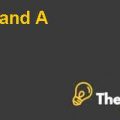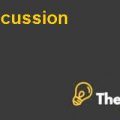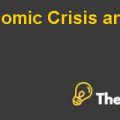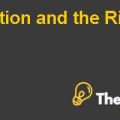
On October 1, 2013, Japanese Prime Minister Shinzo Abe statedat a meeting of ruling party officials that he had decided to go ahead with a blueprint to increase the sales tax from 5% to 8%, starting April 1, 2014. This tax hike had become law in August 2012, under then-Prime Minister Yoshihiko Noda. Abe, faced with a choice he didn't ask for, sought to make a decision he could live with. Choosing whether to increase the tax had proven quite tough for him.
Extraordinary conditions were required for weighing conditions. The Bank of Japan had already fired the first "arrow" of Abenomics, an unusual easing of the money supply. Fiscal stimulation, the second, was constrained by Japan's financial rebalancing targets. The government was still working out how to break entrenched regulations in employment and farming, with regards to the third arrow, a strategy for economic growth. Until the very last instant, Abe had to consider whether a tax increase would lead Japan back into the deep valley of deflation and economic stagnation.
Sales Tax Increase in 2014 Under Abenomics The Japanese Government's Dilemma case study solution
PUBLICATION DATE: October 14, 2015 PRODUCT #: HK1073-HCB-ENG
This is just an excerpt. This case is about GLOBAL BUSINESS













